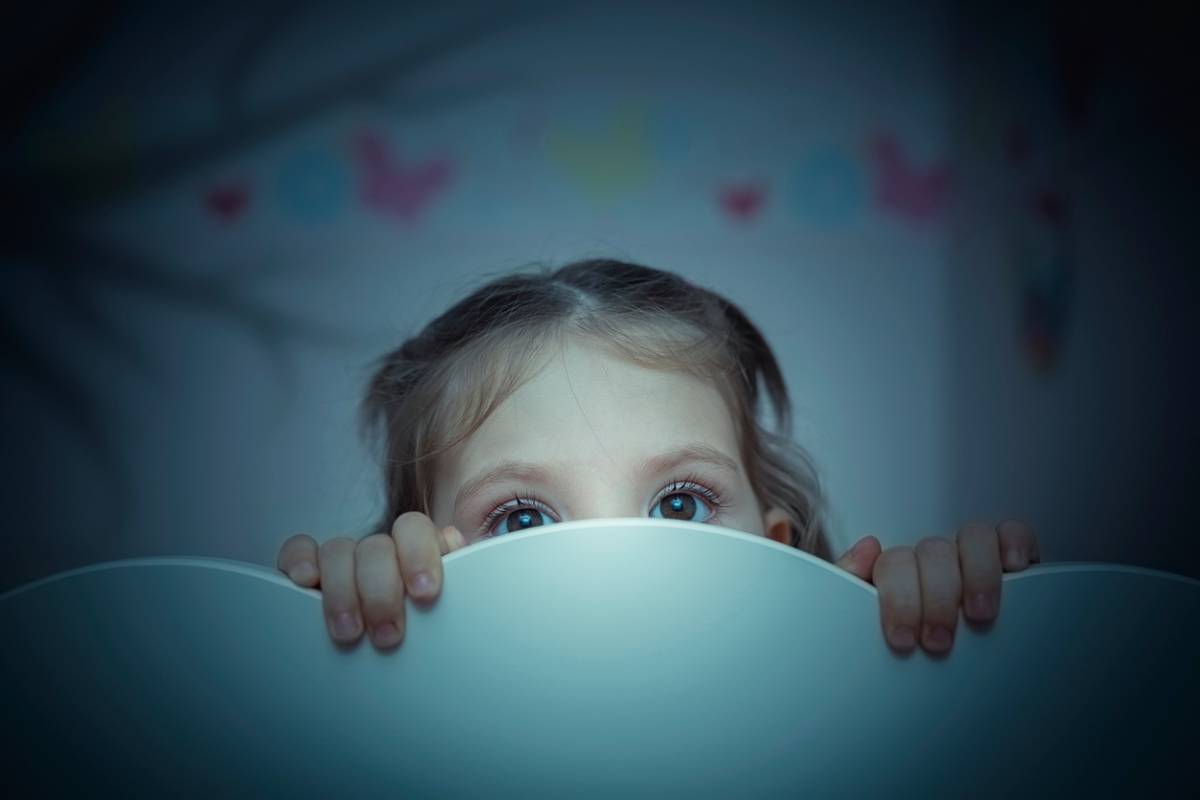ADHD is an incredibly common condition that impacts hundreds of thousands of people worldwide. The symptoms that can indicate ADHD oftentimes develop in childhood, which makes them especially important to recognize at their early stages. So is ADHD causing my child’s sleep problems?
However, sometimes it can be genuinely difficult to discern whether or not your child has ADHD, or whether being highly energetic and hyperactive is just part of their personality. In certain cases, it can take the eye of a trained professional to recognize the difference.
If you suspect that your child may be developing ADHD but just aren’t quite sure, take a look at this guide that can help you spot the differences, as well as whether you should seek out professional sleep therapy for your child.
What Is ADHD?
ADHD stands for Attention Deficit Hyper Disorder. It’s a more intense and life-altering version of ADD, another incredibly common condition that can impact an individual’s life in negative ways. Both conditions make it hard for an individual to prioritize and focus.
Does My Child Have ADHD or Are They Just Energetic?
There are some shared characteristics between ADHD and simply being a very energetic individual. However, there are some distinctive characteristics of ADHD that set it apart from just normal hyperactive behavior. Learning to recognize some of these characteristics can help you determine what is at play with your child.
Emotional Regulation:
Children with ADHD typically have a very difficult time regulating their emotions. This can contribute to a spiraling effect where these qualities further isolate them from their peers, which can exacerbate the emotional regulation process.
Information Processing:
Children with ADHD also display difficulty with processing external information with any sense of normalcy. Ironically, this is often due to the fact that they tend to process information at a faster rate than it is typically given out, which means that they end up missing the point of many attempts to reach them.
Maturity Level:
The overall maturity level of a child who is suffering from ADHD tends to stagnate at a rate that is slower than that of their peers. This tends to become more prominent as an individual reaches their teenage years, with many ADHD children behaving more like young children than like adolescents.
Executive Function:
Executive Function refers to an individual’s ability to prioritize functions. This includes elements of life like planning, prioritizing, and paying attention to certain phenomena. When this element of the psyche atrophies, it can become very difficult for an individual to proceed normally through their academic and personal lives.
The many shared characteristics between hyperactivity and ADHD can make it difficult to diagnose. However, a child with ADHD will display the above characteristics at a much more severe level than your average child who is simply energetic.
When Is Hyperactivity Not ADHD?
There are many other factors that can contribute to a person developing symptoms that are similar to ADHD, while falling somewhat short of constituting a full ADHD diagnosis. Some of these factors include things like the following:
Medical conditions:
There are certain medical conditions, such as hyperthyroidism, that can impact a child’s life in ways that are similar to ADHD.
Sedentary lifestyle:
If your child isn’t engaging in high enough levels of physical activity, it can contribute to a rise in ADHD-like symptoms.
Stress:
Excessive amounts of stress can also contribute to hyperactivity in children.
Tiredness:
Children can be even more sensitive to the stress induced by undersleeping than adults. Ensuring that they receive high amounts of rest is paramount to maintaining their mental and physical health.
Other mental health issues:
ADHD can be easily mistaken for other mental health issues. Talk with a medical professional if you suspect that something else might be at play.
Helping Your Child With ADHD
There are certain steps you can take to help your child with ADHD learn to focus and succeed in their daily life. This includes things like the following steps:
- Reduce distractions in their environment
- Set up a series of realistic expectations
- Let them play and engage in childlike activities
- Limit sugar and caffeine intake
- Offer positive reinforcement
Regularly engaging in these behaviors with your ADHD-prone child can help you make strong lee-way into regulating their emotional life at a higher level, and can enhance the improvements that cognitive behavioral therapy is able to make in one’s life.
Your Resource for Cognitive Behavior Therapy
Dr. Shukla is the number one place you should look for assistance with sleep disorders for children. If you have concerns about your child’s sleep health, contact our office today to set up an appointment.

